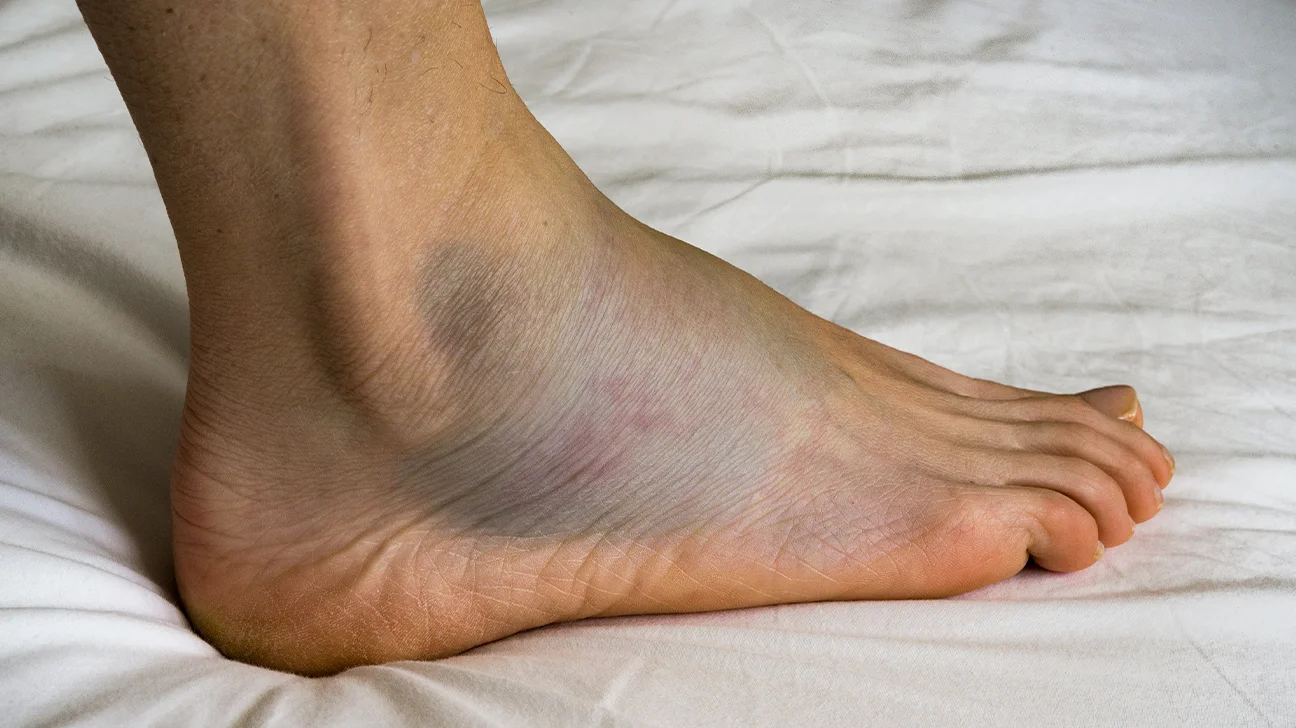Simple Remedies for Swollen Feet
If you have dealt with edema before, you understand how much of a hassle it can be. Edema is the accumulation or build-up of interstitial fluid in tissues or organs. It is common in your lower extremities because of gravity, but it can affect your face, arms, hands, and abdomen. Edema is usually not a cause of concern; it is a common side effect of pregnancy or standing or sitting for long hours. However, edema can be a warning sign of serious illnesses like heart problems or liver failure. If your swollen legs don’t pose a significant concern, Jonathan Pankow, M.D., may recommend the following home remedies to alleviate swelling before recommending other treatments.
Stay hydrated
When you don’t intake enough water, your body will store it instead of excreting it through sweat or urine. As a result, your feet or other body parts become swollen. If you are prone to edema, drink at least glasses of water daily to eliminate this swelling. Avoiding alcohol is also a good idea since it causes your body to remove fluids from the blood faster than other liquids, causing dehydration. The fluids move through your renal system, including the ureter, bladder, and kidney.
Avoid suspected food allergies.
Sometimes swelling is an allergic reaction caused by certain foods. Examples of common food allergies include dairy, wheat, soy, and corn. Try and track the foods you eat to establish the ones you may be allergic to. Eliminate these foods for a couple of weeks to assess if there is a noticeable difference in the swelling.
Wear compression stockings
Compression stockings work by applying pressure on your legs and feet, preventing fluid from accumulating. You can find compression stockings in your local drugstore, with a wide range of weights and compression to choose from. As a rule, begin with the ones that offer the least compression. For optimal results, wear them for most of your day, even on hot days when they become uncomfortable.
Reduce salt intake
High sodium intake triggers fluid retention in your body, leading to swelling. For this reason, you want to cut back on processed foods, including fast foods. Try eating homemade meals, and flavor your foods with herbs and spices instead of salt when cooking.
Elevate your legs
Edema signifies that your body is retaining excess fluid, so encouraging drainage may bring down the swelling. You can use a pillow or footrest to prop up your feet; this encourages fluid to move from your legs to other parts. Try and keep your feet elevated for 30 minutes to an hour, especially when sitting or lying down.
Watch your weight
Obesity or being overweight is a significant risk factor for edema, so staying at a healthy weight can help prevent this problem. If you are overweight, eat a balanced diet and burn excess calories by exercising. If you have been inactive for a while, start with aerobics as you build up gradually. Your healthcare provider can also create an exercise and eating plan to help you lose weight.
Consult your healthcare provider at Houston Kidney Specialists Center for further questions about edema.


